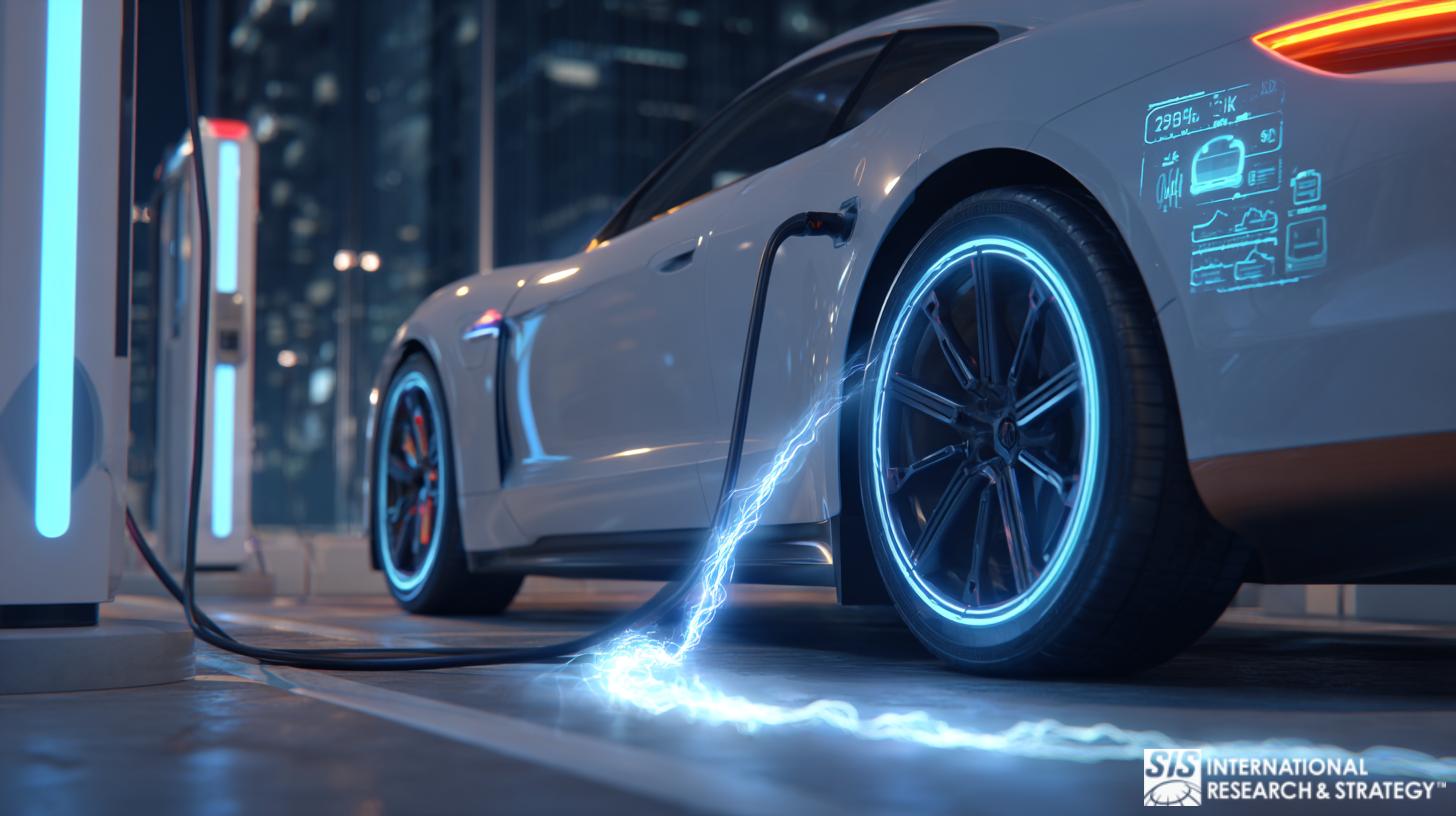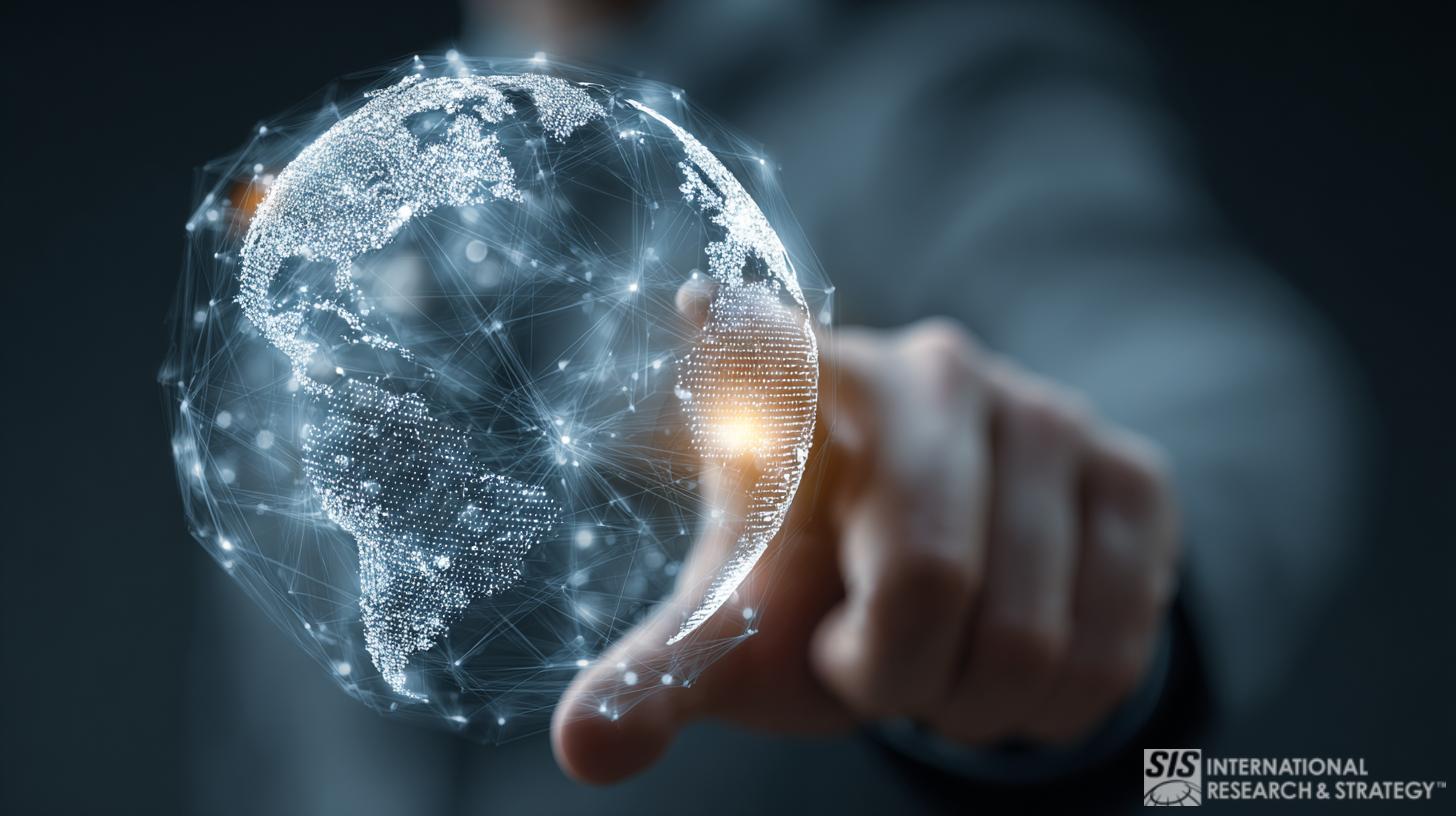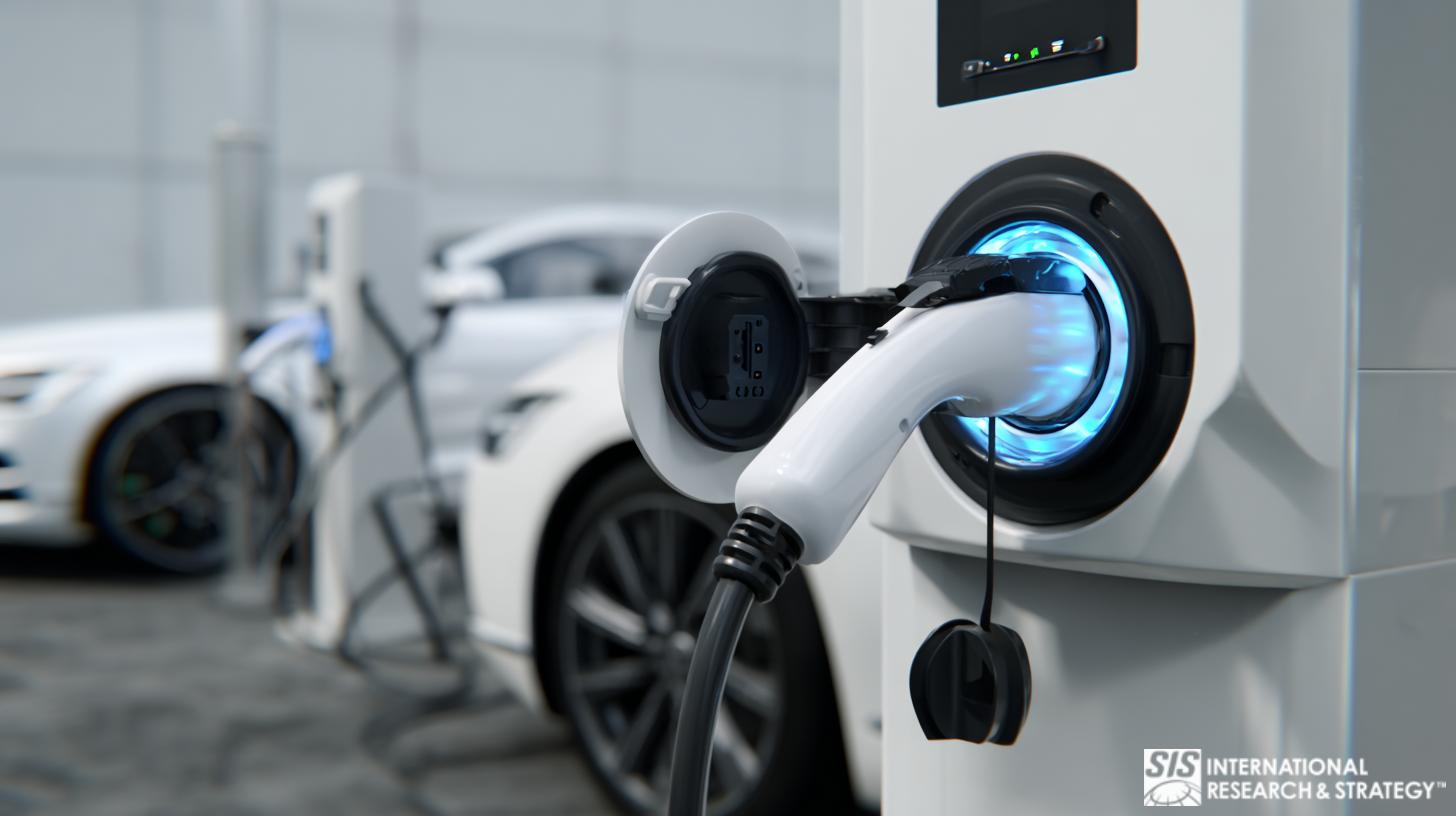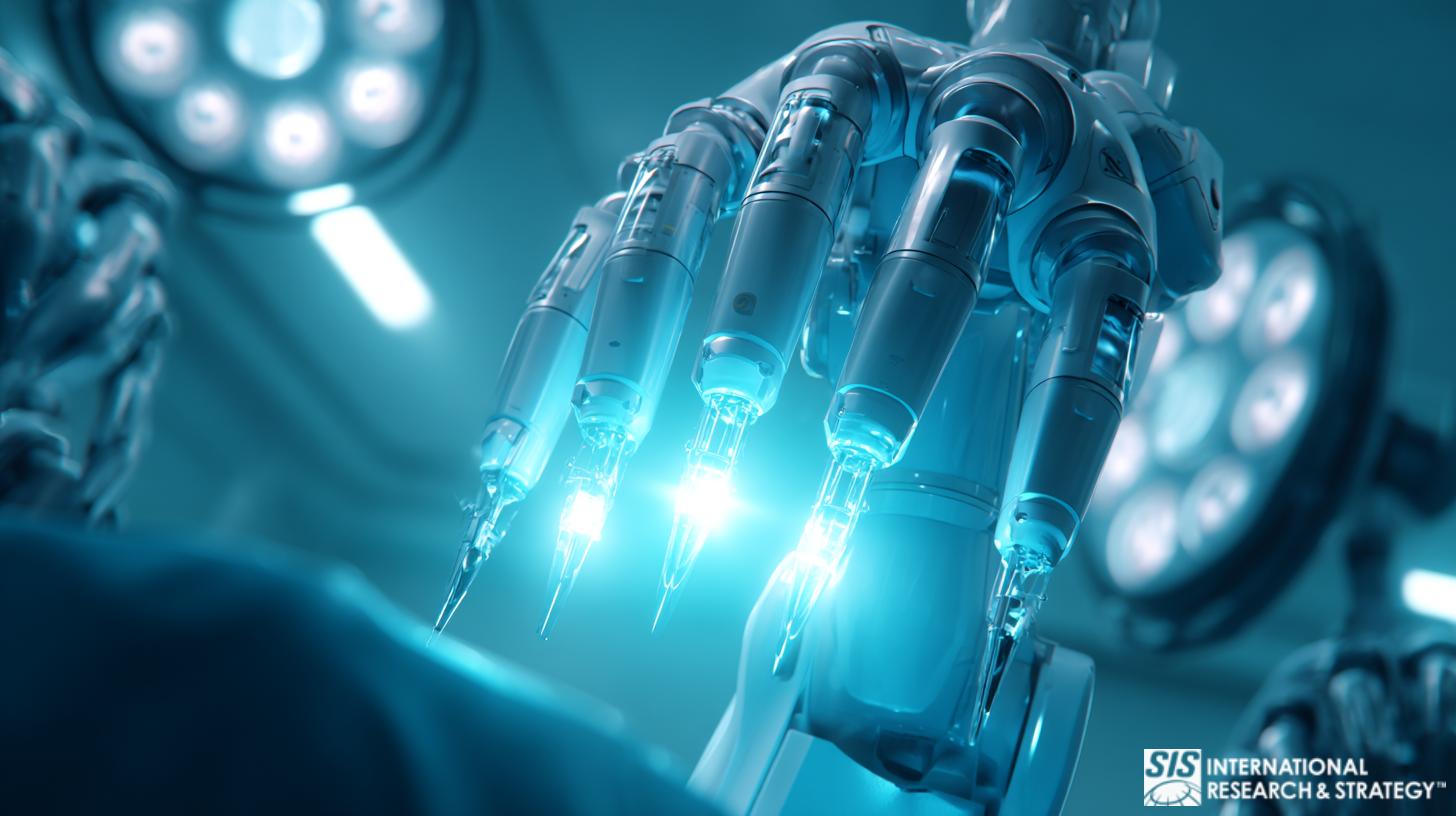
無論您參加過多次最近的消費電子展,還是只是在家裡或辦公室關注新興技術,您可能會對什麼是真正的新事物和僅僅是有趣的事物有一些看法,並形成您自己對這個問題的答案。
(註:本文基於步行至少 31,000 步或約 15 英里……甚至不包括 20% 的 CES 展位!)
4000多件展品,只有3天時間,從哪裡開始?
即使使用專門設計的 CES 應用程序,規劃和導航多個場館以最大限度地覆蓋新產品也是一項年度挑戰。
雖然最大和最知名的公司名稱和展位往往位於拉斯維加斯會議中心(LVCC,由北、中、南大廳組成,共兩層),但每平方英尺最多(即較小、較新、初創公司)的公司位於威尼斯人和金沙酒店綜合體。還有更多的酒店以及室內和室外空間可供使用,以容納所有參展商和 170,000 名與會者。
今年比較不尋常的事情之一是持續超過 24 小時的暴雨,以及 LVCC 和威尼斯人酒店停電,這些事件擾亂了所有人進出場館的行動。
在 CES 2018 上,一些設備和類別贏得了自己的專用或擴展空間:
越來越多的新創公司以及老牌製造商正在採用人工智慧。結果,在機器人市場旁邊出現了一個新的人工智慧市場。
此外,新的設計和資源市場使小型新創公司和大型跨國公司能夠見面並尋找創造、生產、包裝和行銷新產品的新方法
這些領域加入了幾年前剛推出的 3D 列印市場。大約 6 年前,大約有十幾家參展商展示了他們的 3D 列印機(Stratasys、ExOne 和 Protolabs)。他們往往更關注 DIY 和「創客」市場,但正確地假設許多與會者都是對積層製造感興趣的設計和生產工程師。僅在過去 2 年裡,已有 40 多家公司(包括許多眾籌新創公司)加入了這個群體,並在展會上設立了自己的專用區域。
所有這些創新都依賴於電腦晶片、感測器、馬達、材料、電池和數千種其他製造組件的新用途。
全球商業、採購與物流
多年來,CES 上的許多產品在商業和工業領域的應用和影響已超越了單純的消費者用途。
阿里巴巴設立了一個新區域,專門針對向消費品製造商提供零件或製造能力的供應商。但更重要的是,他們推出了自己的雲端來配合智慧城市的發展(除其他外)。

為了「談論」國際貿易(雙關語),MARS 推出了一套耳機,可以透過人工智慧程式實現 10 種(許多亞洲)語言的「耳對耳」翻譯。每個用戶只需佩戴其中的一個,應用程式即可完成其餘的工作。
一款名為 EYESEE 的無人機因其幫助倉庫庫存管理及其在供應鏈中的作用而獲獎。它有助於自動化庫存控制和物流操作。與其他無人機一樣,它可以用來更快、更準確、更有效率地移動以「查看」儲存在特定高度的物品。
達美樂披薩將不是唯一由自動駕駛汽車在「智慧城市」配送的產品!

其他食品很快就會出現在自己的輪子商店中。應用程式將提醒最近的車輛,購物者將“拿走就走”,技術將為所挑選的商品進行記錄和計費。
r offices, 雙鞋跟 開發了一個自主機器人。設計師認為該設備最終將用於在城市內運送貨物。頂部打開,露出一個儲物容器。
普羅格洛夫 是一款免持手套,允許用戶在工廠或倉庫以及供應鏈上的其他地方掃描、挑選、包裝、追蹤和追蹤貨物。
對於工人來說,背面整合了掃描器的「智慧手套」可以讓他們解放雙手。該產品不僅適用於零售商店,也適用於需要包裝、拆包和上架貨物的製造和物流公司。
與物流相關的還有一種廉價的平視顯示器(“HUD”),它可以輕鬆安裝到儀表板上,插入點煙器,並同步到智慧型手機的 GPS 應用程式。定製版本還顯示偵測到的道路標誌,並監控車輛的速度與該道路的限制相比。 https://hudway.co/
關於物流的最後一點說明。 對於全球企業和工業公司來說,貨運代理的軟體可以即時管理所有移動以及貨物在整個供應鏈中運輸時在供應鏈中的位置。這是一個: https://www.flexport.com/
安富利,一家主要的工業分銷商最近收購了一項採購服務,以匹配買家(新產品的創造者)和賣家(有能力製造該產品)。他們利用全球專家團隊來實現這一過程。協助處理 BOM 和 RFQ(物料清單;報價請求)。 https://www.dragoninnovation.com/
一家法國新創公司也有一種不同類型的配對服務——其概念是幫助將想要開發和推出新產品的協作團隊聚集在一起。 快樂點擊 是一個專案交友網站,旨在幫助組建協作團隊。其目標是將合作夥伴與專案相匹配,其中技能可以補充其他有興趣開發新產品的人的技能。
增材製造
在 CES 上,這項技術總是在指定的「3D 列印」區域中展示。 在過去的十年中,每年都有越來越多的供應商(其中包括越來越多的中國供應商)展示他們的最新機器。掃描器和列印材料的銷售商也加入了展會的這一部分。所有參展商都展示了其獨特能力和成品的樣品。
CES創新獎
每年,一個 競賽由消費者技術協會 (CTA) 舉辦,旨在表彰涵蓋多個消費性科技產品類別的傑出設計和工程。
今年,來自美國的“量子計算機” 國際商業機器公司 位於大廳入口處的顯眼位置,展示了所有獲獎者和獲獎者。工作人員解釋了“QC”如何運作以及什麼是“量子位元”,即與 0 和 1(傳統電腦使用的二進位數字)不同,QC 的位元可以是不確定的。
最令人印象深刻的是現在可以進行令人難以置信的同步計算速度,從而加快了分析巨大數據集的能力,例如 DNA 分析、新藥物的創造或太空探索。一名工作人員暗示,這台機器比 Cray 等超級電腦快數千倍,因此目前可能需要 1,000 天(接近 3 年)才能完成的計算現在可以在一天內完成!
機器人和人工智慧

人類與機器。一家工業自動化公司將機器人技術與人工智慧結合,幫助訓練人們打乒乓球。該機器能夠根據對手的水平進行調整,並對球的位置、速度、旋轉等做出反應。
軟機器人是為需要拾取和放置需要人手抓握和感覺的易碎物品(例如包裝雞蛋和精緻食品或形狀和尺寸不規則的物品)的公司提供的解決方案。 https://www.softroboticsinc.com
Combineo 是一家法國公司,推出了一款應用程序,允許人們從目錄中選擇家具和其他家居用品,然後將它們「放置」到家裡或辦公室的房間裡,看看它們的外觀。項目可以 3D 方式查看並旋轉 360 度。該工具同樣可用於倉庫、工廠和房地產開發。
安全
人們引入了數十種設備來保護財產免受不受歡迎的入侵者的侵害,並監視家中居住者(從嬰兒到寵物)的活動。大多數涉及具有運動和聲音探測器的互連攝影機,可以透過智慧型手機應用程式存取。
安全領域的一家公司(用於巡邏大型工業或辦公大樓或大學校園)將具有聲音和運動偵測功能的自動賽格威型機器人與可以飛越、追蹤和記錄任何犯罪活動影片的無人機配對。
圖靈機器人辨識可疑人員
(註:Wyze Labs 推出了一款新的2 吋立方體視訊攝影機(未在CES 上展示),它可提供高品質的聲音和運動偵測,價格低於$25,成本只是大多數其他產品的一小部分! 如果您不需要門鈴功能,該產品可在室內運行,無需電池,也無需訂閱費,但需要電源插座。 https://www.wyzecam.com)
運輸
豐田是眾多展示其未來設計和功能的汽車公司之一。
推出了一款廉價的應用程式以及安裝在儀表板上的小型設備,任何人都可以在其車輛上添加平視顯示器 (HUD)。借助專門設計的應用程序,任何可以透過智慧型手機存取 Google 地圖或 Waze 的人都可以將地圖和路標直接投射到他們的視線中。 https://hudway.co
廣告
注意 3D 視訊和影像似乎漂浮在空中。能夠以這種方式投影物體的設備可用於在商店中(例如在入口處、過道末端)或在貿易展覽攤位上展示產品。此類影像可以位於視線水平或人群上方以吸引註意力。 http://www.3dholodisplay.com
PUP 和一隻小狗
PUP 掃描儀
使用者拿起這個手持式掃描器並將其放置在任何感興趣的物件或文件上方。按下按鈕,一組紅線有助於將捕獲的圖像居中並勾勒輪廓,以便傳輸給其他人或進行列印。
小狗1個行李箱
去年在 CES 上(今年也是如此), 莫多巴格 – 用戶可以坐在上面騎乘的手提箱,帶有內置設備充電器 – 引起了巨大轟動。
在 CES 2018 上,中國公司 90趣 推出了配備定制自動跟隨晶片和 Segway 自平衡技術以防止翻倒的 Puppy 1 行李箱。 它可以由人類控製或自行駕駛。
健康科技
對於這些昆蟲攜帶和傳播疾病的直轄市、城市甚至國家來說,有一種新的捕蚊器。
一種獨特的化學「氣味」混合物吸引雌性蚊子,然後真空將它們吸入籃子中。該產品還記錄捕獲的數量和時間等數據以供分析。
感覺界 推出了一款供糖尿病患者穿著的靴子。它旨在捕捉幾個指標,以幫助那些因這種疾病的影響而無法正常感覺或平衡的人。 https://diabeticfootonline.com/2018/01/03/first-smartboot-for-the-diabetic-foot-the-motus-smart-gets-the-green-light-ces2018-sensoriainc-optimamolliter-%e2%80%8f/
還展示了一款帶有感測器的特殊襪子,用於監控和記錄穿著者的類似測量結果。該產品將很快被推向市場 警笛. https://siren.care/
一款名為“智慧老花眼鏡”的新型“智慧老花眼鏡” 動態焦點 展示了能夠根據人的視覺需求進行調整的能力——它可以自動調整近距或遠距離視力,從而取代(額外的)漸進眼鏡或鏡片的需要。

智慧手錶
一款只需佩戴就無需充電的智慧手錶怎麼樣?出色地, 矩陣工業 推出的 PowerWatch 就可以做到這一點。它於 2017 年剛剛推出,可監測一些健康功能,售價為 $169 及以上。 https://www.powerwatch.com/
睡眠技術
如今,臥室不僅有一張帶床墊的床。現在,床可能有 振動/按摩床墊,並提供可調節位置和溫度以進一步放鬆。
它們周圍的燈光可能在夜間更平靜,在醒來時更大膽。散發的氣味可以起到舒緩和促進睡眠的作用(例如薰衣草味),也可以散發出相反的氣味(例如咖啡味或培根味),以在早晨輕輕地喚醒人。
一直以來,都有一些應用程式可以幫助檢測打鼾等聲音,這些應用程式可以與充氣或放氣的枕頭配對,以限制噪音和呼吸暫停——這對許多夫婦來說都是福音。
各種應用程式和設備也可以使用音樂,所有這些都有助於促進健康、安寧的睡眠。
最後還有穿戴式裝置來監測你的每一次心跳、呼吸、運動和其他數據,幫助使用者更了解和修改他們的睡眠習慣和模式。
安全
在短短 3 個月內,一款為摩托車手設計的發光安全裝置就誕生了,並在 CES 上展出。騎自行車的人和類似車輛的騎手可以輕鬆地使用它來指示方向轉彎或他們正在煞車的事實。 除了消費者之外,信差服務還可以利用它來幫助防止事故和傷害。
運動科技
感測器正被整合到越來越多的智慧手錶和訓練設備中。
高爾夫宗 提供了一個記錄和分析高爾夫球揮桿的系統。將感測器連接到推桿或其他球桿的末端,插入球中。
Golfzon 記錄球員揮桿的所有關鍵要素以及球落在球場上的位置
感應手套 是一種新型的穿戴式裝置。使用該產品使擴增實境成為可能,讓使用者「感受並移動」空間中的物體。它不僅可以用於各種運動,還可以用於工業訓練目的。 https://senseglove.com/
YouTube 影片最能說明其功能。
當拉斯維加斯一年一度的消費電子展以有關加密貨幣的討論為特色時——
運動科技
感測器正被整合到越來越多的智慧手錶和訓練設備中。
高爾夫宗 提供了一個記錄和分析高爾夫球揮桿的系統。將感測器連接到推桿或其他球桿的末端,插入球中。
感應手套 是一種新型的穿戴式裝置。使用該產品使擴增實境成為可能,讓使用者「感受並移動」空間中的物體。它不僅可以用於各種運動,還可以用於工業訓練目的。 https://senseglove.com/
YouTube 影片最能說明其功能。
當拉斯維加斯一年一度的消費電子展以有關加密貨幣的討論為特色並宣傳 Netflix 節目時,您就知道事情確實發生了變化。
Netflix
一個名為 Psychasec 的引人注目的展位吸引了許多人群,試圖弄清楚他們在看什麼。走道上展示著一男一女的屍體,裡面還有一具收縮包裝類型的男性屍體,旁邊還有一些醫療器材。
前提是正在開發一種新技術,允許人們以數位方式將他們的思想轉移到新的身體中,並透過將舊的身體換成新的身體,獲得永生。
事實證明,這次展覽是 Netflix 新劇《Altered Carbon》的行銷噱頭!這可能不屬於「新技術」的範疇,因為它是虛構的。
數位貨幣
在 2018 年 CES 上,舉辦了一場名為「數位貨幣論壇」的會議,討論手機和塑膠信用卡如何推動我們所有人邁向「無現金」社會。
There was a lot of buzz about cryptocurrencies such as Bitcoins, Ripple, Dash and the emergence of so many other ”virtual” currencies. Is this a bubble or will global trade embrace this new technology built on “blockchains”? Wait ‘til next year!
史蒂芬·沃爾弗拉姆
Stephen Wolfram 是一位英裔美國電腦科學家、物理學家和商人。他以在電腦科學、數學和理論物理方面的工作而聞名。
創作一本新書可能是這位創新者最不重要的成就之一。在 CES 上,他對數學、物理和計算領域的主要貢獻者(例如巴貝奇、圖靈)的觀察集中於這些歷史人物如何影響「電子產品」的創造以及 CES 上的幾乎所有內容。
沃爾夫勒姆·阿爾法 是背後的答案引擎之一 微軟的 必應 和蘋果的 西里.
(註:Wolfram 20 歲時獲得博士學位;Google 共同創辦人 Sergey Brei 在 Wolfram Research 實習!)



